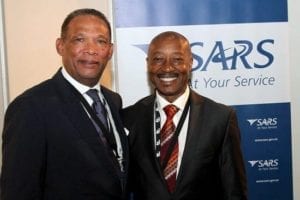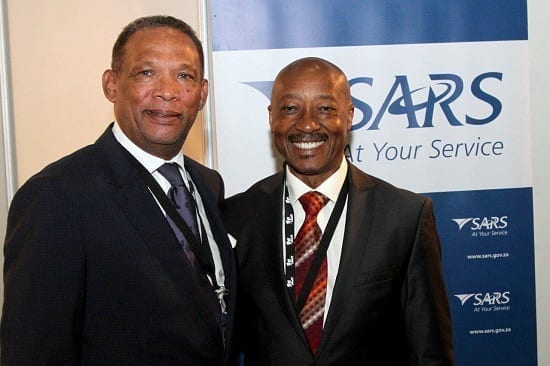Freight forwarders are facing a raft of new challenges, as Tristan Wiggill discovered during the annual SAAFF Congress.
South African Association of Freight Forwarders (SAAFF) chairman Basil Pietersen opened the Durban proceedings, saying that, in terms of skills development, SAAFF was far from reaching the needs of the freight forwarding industry. He feared that this would lead to problems, as the freight forwarding and logistics industry was predicted to grow by 25% globally and 30% in Africa, by 2025. Pietersen said SAAFF members needed to find the courage to grow their businesses and that more collaboration between government and the private sector was required. He added that the association should take the lead in these processes.According to Pietersen, the new Customs Act, transformation, B-BBEE, and border management are pressing issues facing freight forwarders in the country. He stated that SAAFF had always played an important role in looking at service rates, which was welcomed by the authorities. He further believes that closer working relationships between the association, airlines, and shipping lines need to be forged.
SARS commissioner Tom Moyane said SAAFF is a key player in the supply chain and described it as an extremely important stakeholder for SARS. According to Moyane, it is imperative that a cordial, open, and mutually beneficial relationship exists between SARS and SAAFF in the interests of effective trade facilitation. He encouraged the SAAF leadership to extend its membership hand to small, emerging players in the logistics and freight forwarding space. He added that SAAFF should drive change and a compliant, transformative agenda in the sector.







